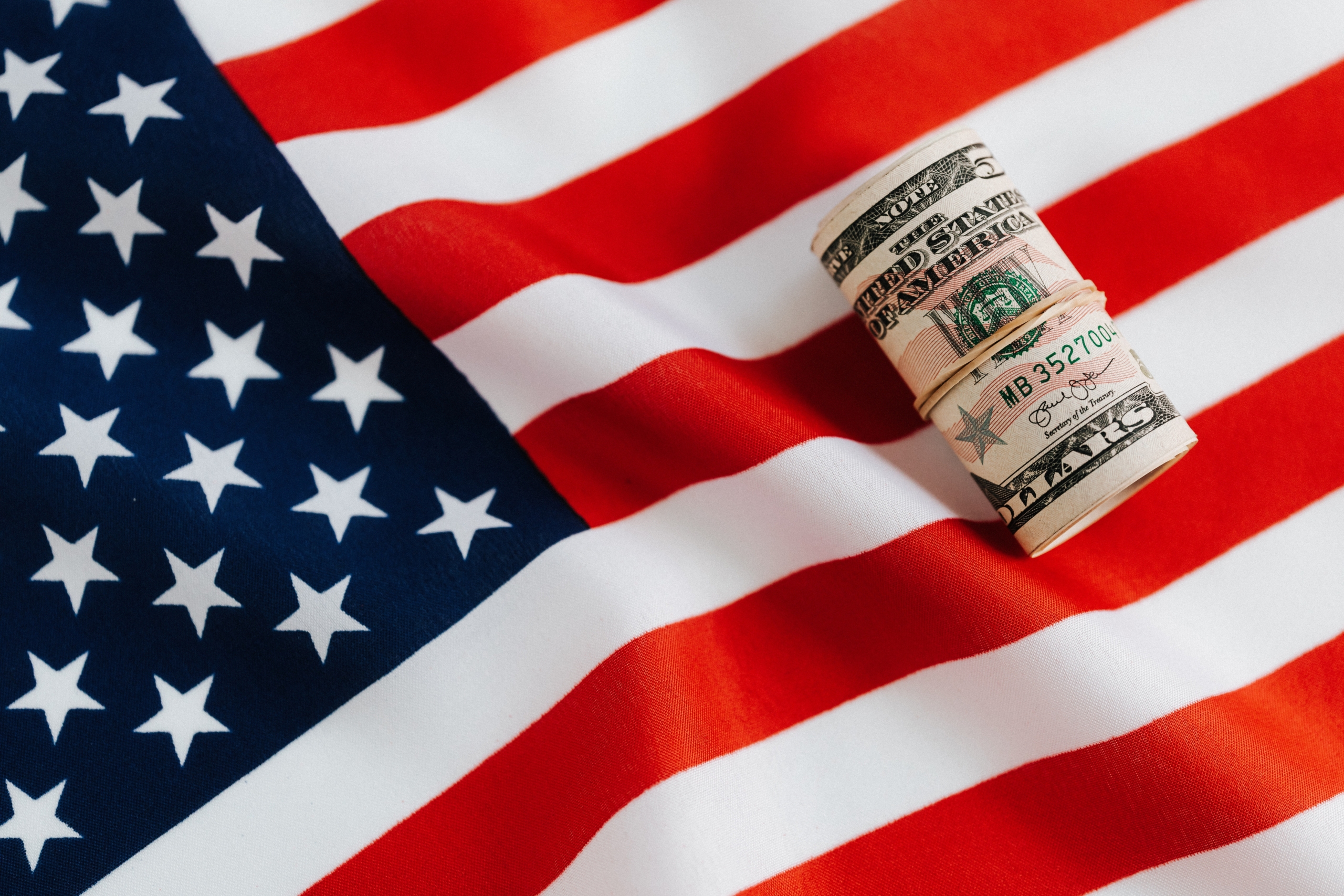Singapore Green Jet Fuel Levy on Travellers Ignites Funding Debate
USA Debt Ceiling Negotiations Continue

Washington, D.C. is currently embroiled in a high-stakes battle over raising the debt ceiling, and the clock is ticking. If the debt ceiling isn’t raised by an imminent X date in early June, the government risks defaulting on its obligations.
While the two sides initially seemed far apart, mounting pressure has brought some clarity on the path forward for a potential deal. Negotiations remain the most viable option, with bipartisan talks aimed at finding a compromise that satisfies both Democrats and Republicans.
House Democrats have started gathering signatures on a discharge petition, which would bypass House GOP leadership to raise the debt ceiling. However, this process is time-consuming and lacks the necessary support to succeed. Therefore, bipartisan negotiations remain the clearest and most likely route to reach a debt ceiling deal.
To reach a mutually satisfactory agreement, both sides are exploring potential compromises. One area of discussion is the rescission of unobligated Covid-19 aid, which could provide significant budgetary savings. House Minority Leader Kevin McCarthy has suggested that this rescinded aid could count towards decreasing discretionary spending cuts for fiscal year 2024. Additionally, negotiations are focused on discretionary spending reductions, with Republicans aiming to cut spending to levels seen in 2022 and cap future growth, while Democrats seek to maintain parity between defense and non-defense spending. Despite the challenges, there is room for middle ground and potential compromises that could help bridge the gap.
While negotiations continue, the path to a debt ceiling deal remains uncertain. Both sides are eager to find a resolution, but reaching an agreement will require careful navigation of ideological differences and competing priorities. It is worth noting that debt ceiling negotiations often experience twists and turns, with last-minute breakthroughs occurring under mounting market pressure. As the X date approaches, the spotlight will remain on Washington, D.C., as policymakers strive to avert a potential government default and ensure the financial stability of the nation.

